Shipyard workers in this far north-western corner of Spain will cast their ballots in favour of an EU constitution in next Sunday's referendum, shrugging off job losses and subsidy-slashing demands from Brussels. Despite such pressing concerns over their very livelihoods amid fierce Asian competition, union leaders at the Ferrol and Fene yards have been canvassing hard for a vote in favour.
"Even if it ought to be still more progressive Europe needs to be united vis-à-vis the United States," explains Javier Diaz Garcia, a 49-year-old employee at the Ferrol site which makes military vessels.
"I am going to vote yes to the constitution. It is a first step, a point of reference."
Spain will be the first of around a dozen EU members to put the proposed constitutional text to a popular vote, the proposal designed to streamline decision-making in the 25-member bloc.
Spain's main unions - the pro-Communist CCOO and the UGT, which is close to the ruling Socialist Party - both regard the constitution as "a positive step for workers."
Ferrol is the home town of late military dictator General Francisco Franco and is also a bastion of the unions.
But along with nearby Fene it has struggled in the past two decades which have seen three attempts at industrial reconstruction.
Soon, 1,400 of the 4,000 employees of the government-owned Izar yards will be forced to take early retirement, while thousands of other jobs related to the yards are also under threat.
Local unemployment stands at 20 percent, double the national average.
The job losses come in the wake of a December accord with the European Union under whose terms Izar must pay back to the Spanish state around a billion euros (1.3 billion dollars) in public aid poured into the yards by the former conservative government under former prime minister Jose Maria Aznar.
Brussels ruled the aid amounted to illegal subsidies.
Local workers see the move and the impending job losses as the final straw having already been struggling in the face of brutal competition from Chinese, Japanese and Korean competitors who produce ships costing between 30 and 40 percent less than those built by their Spanish counterparts.
With order books lying empty Fene's modern facilities have lain dormant for the past year and a half, their huge cranes hanging motionless over the site.
In the 1970s, dozens of tankers used to roll off the slipways.
"That was when Spain was competitive. We received rubbish salaries and we worked like demons," reflects Jorge Prieto, chairman of the Izar works council and local CCOO union representative.
In 1987, an EU directive forbade construction of conventional vessels at Fene, the site switching over to tanker platforms.
December's accord with Brussels provides for both Fene and Ferrol moving to military production.
BR100
15,059
Decreased By
-56.5 (-0.37%)
BR30
42,931
Decreased By
-117.2 (-0.27%)
KSE100
148,815
Decreased By
-677.8 (-0.45%)
KSE30
45,206
Decreased By
-312 (-0.69%)


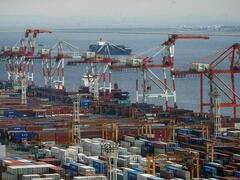


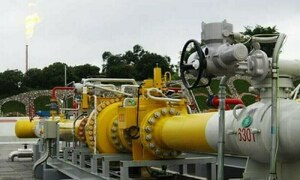

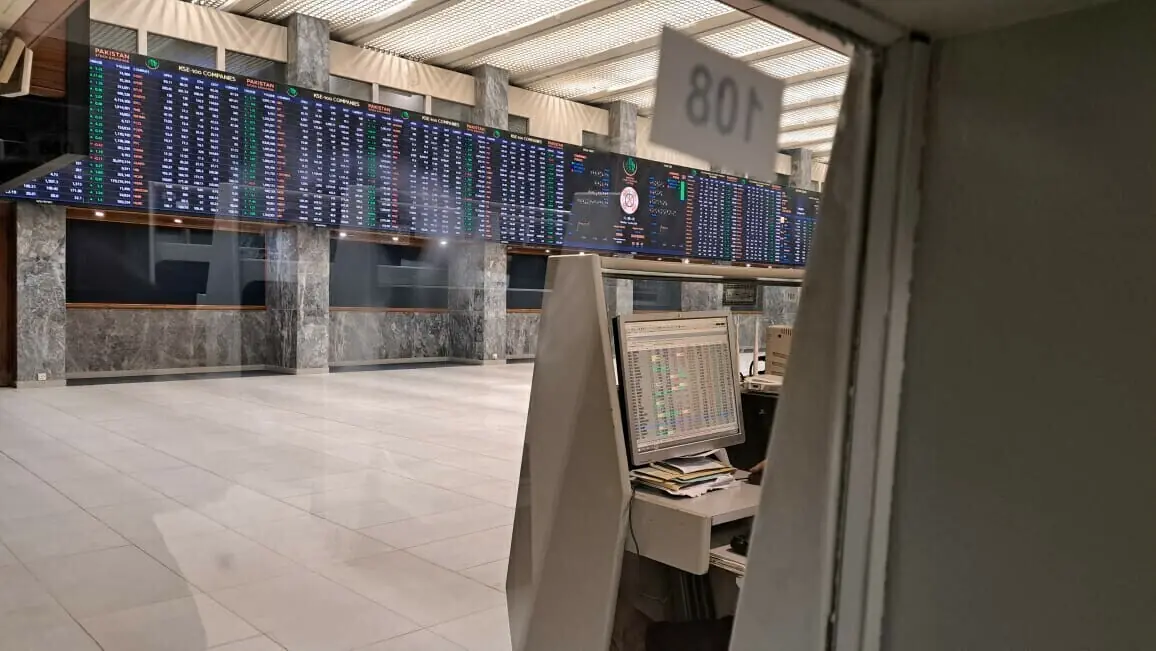





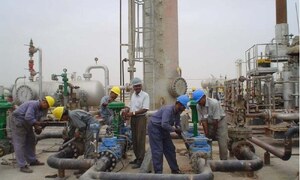
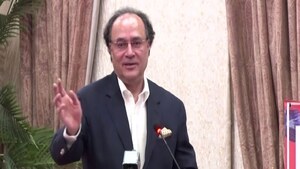
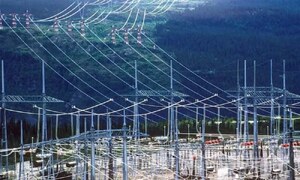





Comments
Comments are closed.